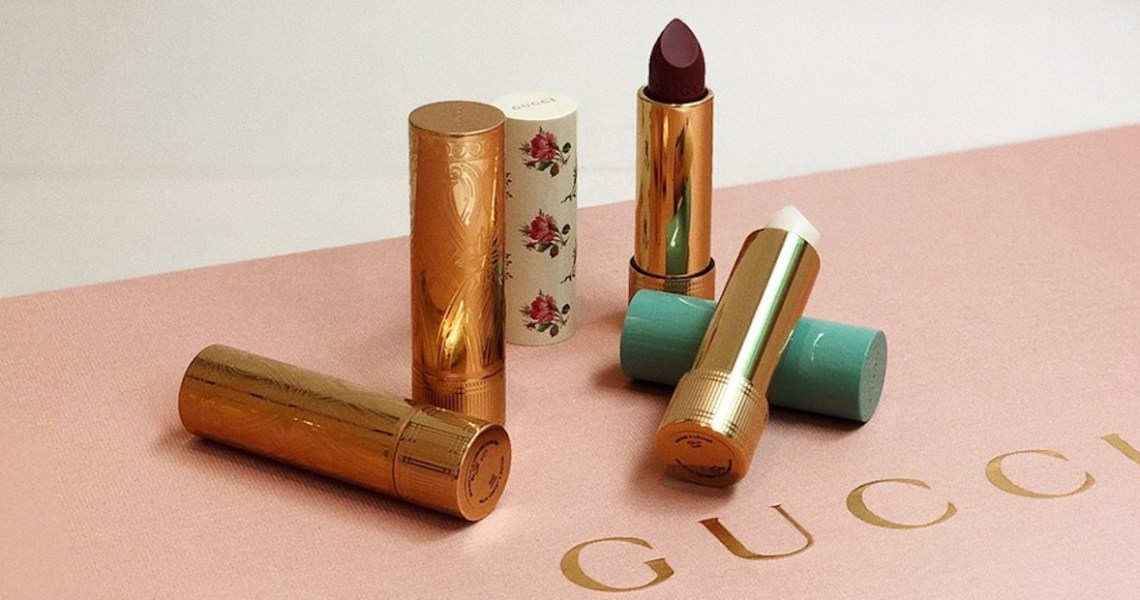Coty Inc. announced its earnings for the second quarter of fiscal year 2023 on Wednesday, beating Wall Street forecasts. But it still posted a 3% year-over-year sales decline, to $1.52 billion, compared to an anticipated $1.5 billion.
The main themes of Coty’s earnings were the impact of China’s Covid-19 lockdowns on the company’s sales and supply chain, as well as the sales boons of prestige fragrance and consumer cosmetics. Across the industry, prestige beauty has been pummeled by slower China recovery. China underwent severe Covid-19 lockdown measures between 2020 and Dec. 2022, but has since seen a surge in cases and Covid-19 deaths. Coty’s Asia Pacific net revenues declined 5% to $185.8 million, representing 12% of Coty sales. But the bright spots were fragrance and mass beauty, with high-single-digit growth in the prestige fragrance market and mid-single-digit growth in the mass beauty market.
Coty’s fragrance launches during the quarter of Burberry Hero eau de parfum, Boss Bottled Parfum and Gucci Flora Gorgeous Jasmine ranked as best-sellers in most key markets. According to NPD data released Wednesday, the U.S. prestige fragrance market is on a growth streak. All signs point to positive sales performance heading into Valentine’s Day, and the category has already experienced double-digit growth during the first weeks of 2023. Glossy previously reported on the fragrance category’s traction, per Inter Parfums fourth-quarter and year-end earnings on Jan. 25, which marked a record sales period for the company.
“What we’re seeing [is that] consumers are using fragrance as part of their daily routine,” said Nabi. “This business has become a mental health business, allowing people to [feel] better in day-to-day life. In particular, during the last couple of years, we’e seen increased usage by Gen Z, men and Hispanic consumers [in the U.S.].”
Prestige net revenues, which include Gucci Beauty, Kylie Cosmetics and SKKN by Kim, comprised 63% of Coty sales, at $957.7 million, but decreased by 5% year-over-year. The Covid-19-related lockdowns impacted prestige makeup revenues in China. However, Coty continued to drive growth outside of China, particularly in the U.S., where retail sales of Gucci Beauty and Kylie Cosmetics grew by over 40% year-over-year.
Notably, on Feb. 2, Kering Group, which owns fashion houses Gucci, Saint Laurent, Bottega Veneta, Balenciaga, Alexander McQueen and Brioni, announced the appointment of Estée Lauder Companies alum Raffaella Cornaggia as CEO of Kering Beauté. In her new role, she will help develop an expertise in the Beauty category for Bottega Veneta, Balenciaga, Alexander McQueen, Pomellato and Qeelin, according to a press release on the announcement.
Coty’s executive team did not remark on this latest development. However, Laurent Mercier, CFO for Coty Inc., previously said in the company’s first-quarter earnings call in Nov. 2022 that Coty holds the Gucci license long term and there is no mechanism for early termination.
Coty’s consumer beauty net revenues declined by 1% to $565.9 million. Coty reported single-digit to double-digit revenue growth across makeup brands CoverGirl, Rimmel and Max Factor, as well as Adidas fragrance and Brazilian body-care brand Monange.
In her prepared comments, Coty CEO Sue Nabi commented on the rise in mass cosmetics sales as partly due to products going viral on TikTik, with influencers creating “dupe” looks with more affordable products. But she clarified on Tuesday’s earnings call that customers are not “trading down” from prestige products, but rather that Coty is growing its Gen-Z customer base.
“What [customers] are looking for is high quality at an affordable price, which is why we’re [pushing] all our brands to become cool, efficient and clean, still at an affordable price, versus what is happening in the rest of the industry,” said Nabi on the call.




